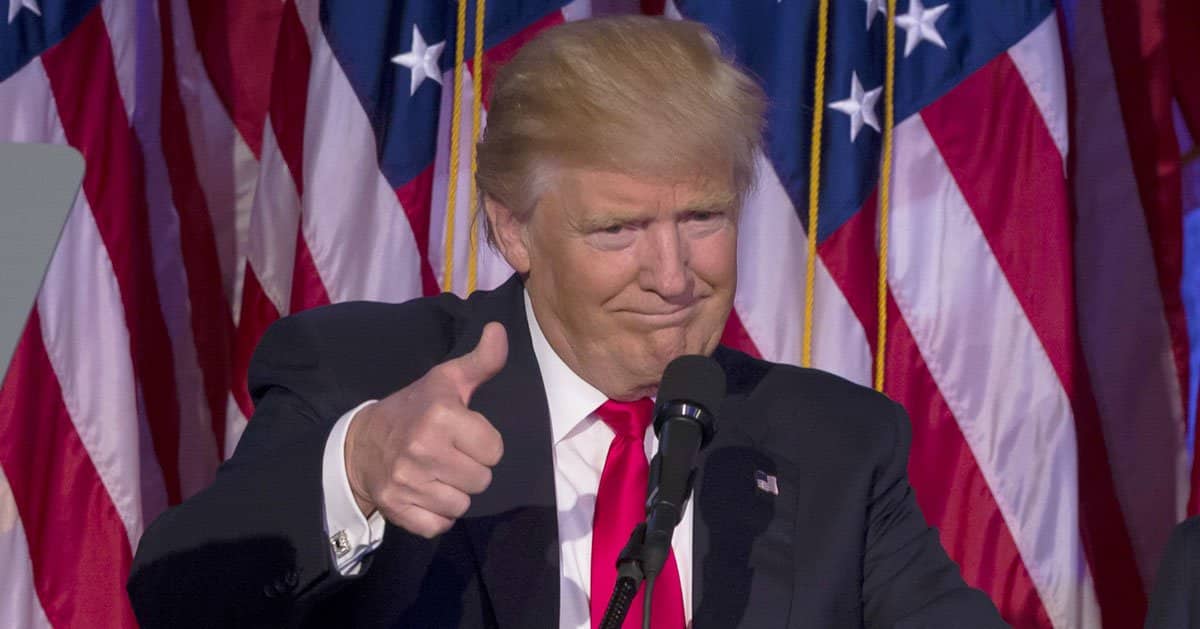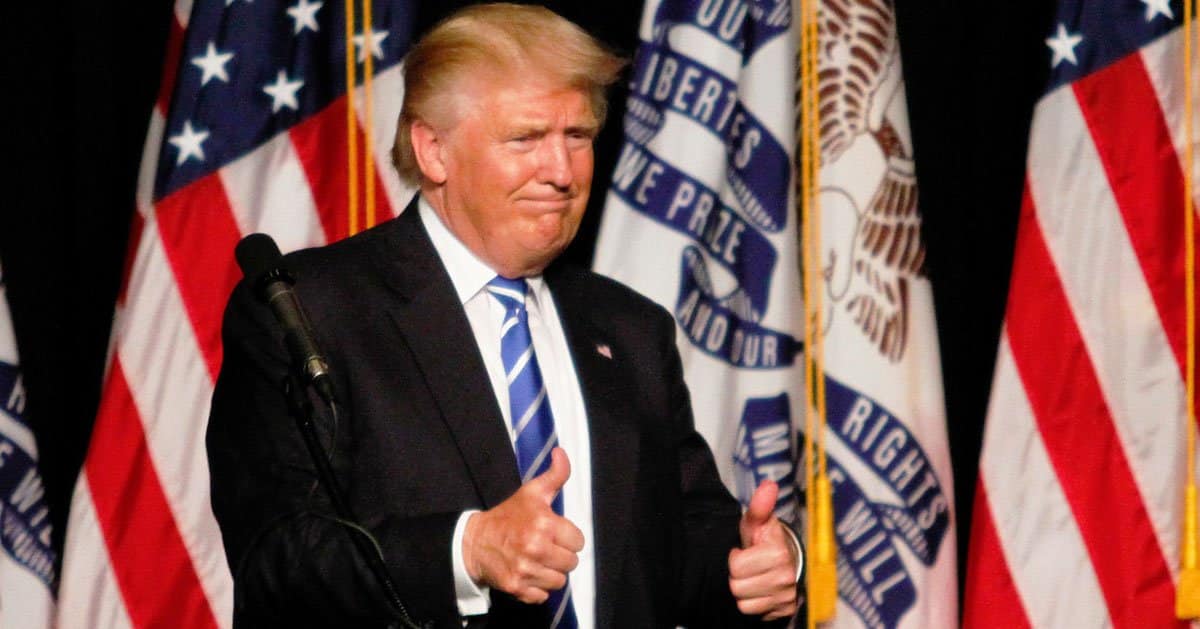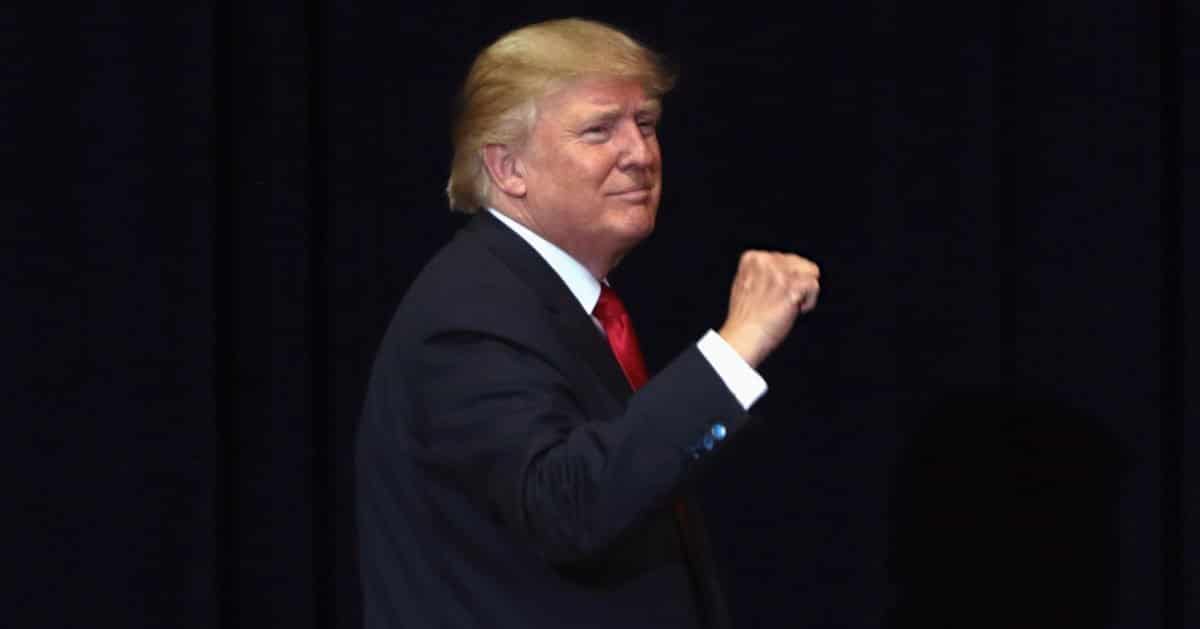








President Trump has removed Paul Martin from his position as the inspector general of the US Agency for International Development (USAID).
The New York Post reported that the surprising dismissal of Martin follows the release of a report criticizing Trump's decision to pause USAID funds and revealing past agency spending linked to acts of terrorism.
Martin, who had held the position of inspector general since 2023, learned of his termination through an email from a White House official on Tuesday.
The email stated that his dismissal was "effective immediately," but it did not provide a reason for this abrupt decision. The White House has refrained from offering any comments on the firing.
The timing of Martin's dismissal has drawn significant attention, particularly because it closely followed the release of a critical report by his office.
The document condemned the Trump administration's decision to freeze USAID funds, highlighting that this pause diminished the agency's capacity to oversee the distribution of $8.2 billion in unspent aid. The implications of such a freeze have sparked concerns about the agency's ability to carry out its responsibilities effectively.
As the report stirred the pot, resurfacing records brought to light previous expenditures by USAID that some find troubling.
It was revealed that the agency had funded the college education of Anwar al-Awlaki, a figure later identified as having ties to al Qaeda.
Al-Awlaki attended Colorado State University between 1990 and 1994, with more than $27,000 in federal tuition support that was secured through false credentials.
Al-Awlaki's story is particularly unsettling because, years later, he was believed to have played a role in radicalizing other terrorists.
His involvement with terrorist activities ultimately led to his death when then-President Barack Obama ordered his targeting in a US airstrike in Yemen in 2011. These revelations have added a layer of controversy over USAID's past allocation of funds.
Reflecting on USAID's broader function, President Trump criticized the agency as "incompetent and corrupt." His administration's skepticism about the effective management of foreign aid extends beyond Martin's firing and the critical report.
In a significant move on January 20, Trump ordered a freeze on US foreign aid via USAID, a decision that echoed his concerns about the agency's efficacy.
Complicating matters further, Elon Musk, the billionaire entrepreneur, has been entrusted with the task of scaling down USAID operations.
The decision to involve Musk underscores the administration's intent to overhaul the current aid system, reflecting its commitment to addressing perceived inefficiencies.
Not all attempts to reform USAID have proceeded smoothly. The Trump administration's effort to place the majority of the agency's workforce on administrative leave encountered a judicial barrier last week. A judge blocked this move, highlighting the ongoing tension surrounding the restructuring of foreign aid efforts under the current administration.
The combination of Paul Martin's dismissal and the investigative report has prompted various reactions. Some view these events as indicative of necessary scrutiny and accountability for an agency controlling substantial funds.
Others perceive them as politically motivated strategies to undermine established structures without offering constructive alternatives.
Observers are closely watching to see how USAID will navigate its path forward amidst these challenges. The intersection of past controversies, leadership changes, and policy shifts have put the agency at a crossroads with its future direction hanging in the balance.



